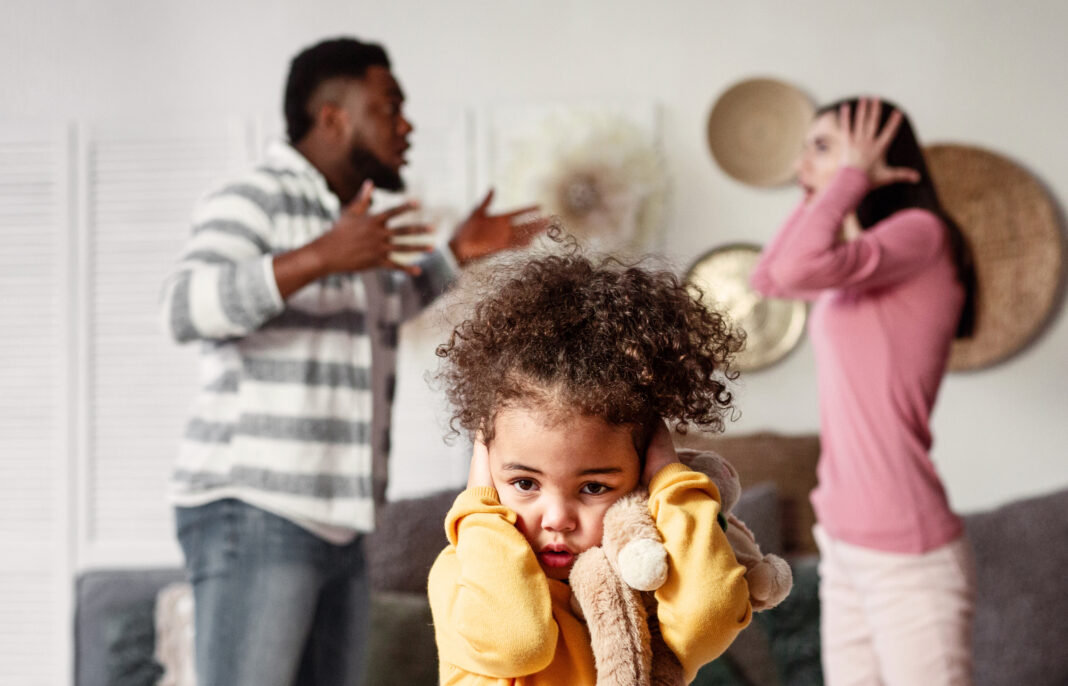Is It Okay to Argue in Front of Your Kids?
Arguments happen. As parents and partners, disagreements are a natural part of life, and while we strive to handle conflicts away from our children, there are times when it happens in their presence. So, is it okay to argue in front of your kids? The answer isn’t a simple yes or no—it depends on how the situation is handled.
Why Avoid Arguments in Front of Children?
Let’s start with the basics: heated arguments, especially those filled with yelling, blame, or disrespect, create a toxic and distressing atmosphere for children. Research has shown that high-conflict environments can lead to anxiety, insecurity, and behavioral issues in kids. Children are highly perceptive and sensitive to emotional tension, even when it’s not directly aimed at them.
When arguments escalate, it’s best to step away and resolve the issue privately. This protects your child from witnessing uncontrolled emotions that could feel frightening or overwhelming.

When Arguments Happen: Turning it into a Teaching Moment
As human beings, it’s not always possible to control when or where disagreements occur. If you find yourself arguing in front of your kids, the way you handle it can make all the difference.
Here are some practical steps to manage the situation:
- Recognize and Regulate Your Emotions:
The moment you realize you’re arguing in front of your child, take a deep breath and aim to lower the intensity of the conversation. Transition from heated expressions to a calmer tone. - Model Civil Disagreement:
Turn the argument into a constructive conversation. Show your children that it’s possible to disagree respectfully without yelling or name-calling. For example, instead of saying, “You never listen to me!” you might say, “I feel unheard when this happens, and I’d like us to talk about it.” - Apologies and Reconcile Publicly:
While arguments often happen in front of children, apologies and forgiveness tend to happen privately. This creates an incomplete picture for kids—they see conflict but don’t learn about resolution. If the argument led to a misunderstanding or hurt feelings, take the opportunity to apologies and make amends in front of your child. For example:- “I’m sorry for raising my voice earlier. That wasn’t the right way to express my feelings.”
- “We’ve talked about it, and I understand your perspective better now. Thank you for helping me see that.”

The Benefits of Showing Healthy Conflict Resolution
When handled thoughtfully, arguments can teach children valuable life skills:
- Emotional Regulation: Seeing parents calm themselves during a disagreement teaches children how to manage their own emotions.
- Empathy: Observing parents listen to each other fosters empathy and understanding of different perspectives.
- Problem-Solving Skills: Watching conflicts resolved constructively demonstrates effective ways to work through disagreements.
- The Power of Apology: Public apologies model humility and accountability, showing that everyone makes mistakes but can take steps to make things right.
What to Avoid When Disagreeing in Front of Children
- Personal Attacks or Insults:
Avoid language that blames or shames, as this can be particularly harmful for children to witness. - Involving the Child:
Don’t ask your child to take sides or become involved in the conflict. It places an unfair emotional burden on them. - Prolonged Tension:
If the argument remains unresolved, children might sense lingering tension, which can leave them feeling insecure. Aim to conclude the disagreement with clear resolution or let them know you’ll work on it later in private.
Final Thoughts
It’s natural for parents to disagree—it’s part of being human. What matters most is how those disagreements are handled. Striving to resolve conflicts constructively and modelling apology and forgiveness in front of your children can turn these moments into valuable learning experiences. Children need to know that while disagreements are a part of relationships, respect, understanding, and reconciliation are just as essential.
Remember, the goal isn’t to be perfect. It’s to be intentional about what you teach your children through your actions, even during moments of conflict.




